Урок "Мій день. Продукти харчування"
1
Тема: Мій день. Продукти харчування.
Мета: - перевірити рівень засвоєння вивченої лексики,
активізувати вживання ЛО в мовленні учнів;
- розвивати навички читання, аудіювання,
діалогічного мовлення, навчити працювати в групах;
- розвивати пізнавальні інтереси та пізнавальні процеси:
мислення, пам’ять, увагу;
- в умовах гри розвивати культуру праці та спілкування
учнів; виховувати повагу до однокласників; створити
атмосферу зацікавленості для учнів про вивченні
англійської мови.
Обладнання: підручник, магнітофон, малюнки, мультимедійна дошка, зошити, картки для роботи в групах, запис функціональних шумів, пісня „This is The Way”.
Хід уроку (Procedure)
І Організаційний момент (Warming up)
T. - Good morning, my little friends!
Ps. - Good morning, dear teacher!
T. - How are you today?
Ps. - We are fine!
T. – Then give me five:
1 – eyes on the speaker
2 – mouth quiet
3 – be still
4 – hands free
5 – listen to me.
Phonetic Drill
Mr. Tongue’s Story
Одного ранку Mr. Tongue прокинувся від шуму за вікном. Надворі була непогода, дув сильний вітер [u:] - [u:], далеко на дереві ухала сова [u] - [u] та ще якась невідома пташка [۸] - [۸], у траві пробіг, фиркаючи, маленький їжачок, який ніс на своїх голочках яблучка та грушки [f] - [v], [f] - [v]. Mr. Tongue встав, підійшов до вікна, відтулив штори [w] - [w]. Непогода за вікном
2
пройшла, і стояв чудовий ранок. Mr. Tongue вигукнув [а:], [o:]. Mr. Tongue потягнувся, як кішка [η]. Вирішив прибрати у кімнаті, вибити килим [р] - [b]. Трохи попрацював пилисосом [t] - [d], протер дзеркало [h] - [h]. Mr. Tongue поснідав і пішов на прогулянку. Надворі мукала корова [m] - [m], гула бджілка на квітці [ð] - [ð], поспішали кудись два жуки [з] - [dз]. Під деревом сиділа мати-свиня з поросятами та звала їх [wі:] - [wі:]. Назустріч йому вибіг злий собака та загарчав [r] - [r]. Mr. Tongue тупнув ногою, і собака утік.
Раптом підповзла змія та засичала [S] - [SSS], а зламавши зуб, засичала [ð] - [θ]. Mr. Tongue усміхнувся і пішов додому вчити англійську мову.
ІІ Основна частина (Main Part)
1. Vocabulary Revision.
1.1. Повтор лексичних одиниць „Розпорядок дня”.
1. Look at the pictures and repeat after me:
- wake up;
- do morning exercises;
- wash face;
- clean teeth;
- have breakfast;
- go out to school;
- have dinner;
- have supper;
- go to bed.
2. Listen to the sounds. Put the clocks in the right order.
Використання функціональних шумів:
Дзвоник будильника, увімкнуте радіо з музикою, шум води у ванній кімнаті, дзвін посуду в кухні, грюкання вхідних дверей.
Учні розміщують годиннички у правильному порядку.
Listen to the sounds again. Put the pictures under the clocks in the right order.
2. Lexical Work.
2.1. Повтор лексичних одиниць „Продукти харчування”.
1. Listen and repeat after me.
2. Name the products (game “Lexical Volleyball”).
3. Clap your hands when you hear names of products.
- teacher, doctor, seller, salad, dancer, soup, room, cucumber, school, ice-cream.
4. Memory game “Snowball”
3
3. Relaxation.
I am Sam. I like jam.
I am Bruce. I like juice.
I am Met. I like bread.
She is Sophie. She likes coffee.
She is Liz. She likes cheese.
She is Meg. She likes egg.
He is Lee. He likes tea.
He is Lennie. He likes sandwich.
He is Carter. He likes butter.
4. Speaking.
4.1. Діалог між ляльками.
- Do you like juice?
- Yes, I do. Do you like tea?
- No, I don’t. I like coffee.
4.2. Game “Dominoes”
1. Look at the pictures. Find your partner.
- Do you like…?
- Yes, I do. I like…
- No, I don’t. I like…
5. Poem.
Pass me some butter, says the Bear.
Pass me some bread, says the Hare.
Pass me some jam, says the Cock.
Pass me some sugar, says the Dog.
2. And now do it yourself .(Складання діалогів за опорою)
- Pass me some …, please.
- Here you are.
- Thank you.
- You are welcome.
6. Song.
Song “This is the way” (choral work).
This is the way I wash my face,
I wash my face. (twice)
This is the way I wash my face,
Every day in the morning.
This is the way I clean my teeth,
I clean my teeth. (twice)
4
This is the way I clean my teeth,
Every day in the morning.
This is the way I brush my hair,
I brush my hair (twice).
This is the way I brush my hair,
Every day in the morning.
This is the way I dress myself,
I dress myself (twice).
This is the way I dress myself,
Every day in the morning.
This is the way I have my breakfast,
I have my breakfast (twice).
This is the way I have my breakfast,
Every day in the morning.
This is the way I go out to school,
I go out to school (twice).
This is the way I go out to school,
Every day in the morning.
7. Reading.
7.1. Pre – Reading.
1. Match the words with the pictures.
2. Fill in a, an, some:
egg, meat, sandwich, coffee, milk, porridge, soup, apple, salad, cake, tea.
7.2. While – Reading.
1. Read the story about Tom’s day.
Tom’s Day.
This is Tom. He is seven. He lives in Kyiv. He usually has breakfast at nine o’clock in the morning. For breakfast he usually has an egg, a sandwich and some coffee.
At twelve o’clock Tom has lunch. For lunch he has some milk. He likes milk. Tom doesn’t like porridge for dinner. He likes meat, soup and apples.
For supper he usually has some tomato salad, a cake and some tea. Tom likes cakes.
7.3. Post – Reading.
1. Choose the right variant.
1. He lives in …
5
a) London; b) Kyiv; c) Korosten.
2. He usually has breakfast at … in the morning.
a) nine o’clock; b) seven o’clock; c) ten o’clock.
3. At twelve o’clock Tom has … .
a) breakfast; b) dinner; c) lunch.
4. Tom doesn’t like … for dinner.
a) porridge; b) soup; c) cakes.
2. Game “Step by Step”.
Name the product from the text and make a step. One word – one step. Don’t say one word twice. Start, please.
3. Writing. Game “4+4”
Find the words from the text beginning with these letters.
Milk t
Egg e
Apple a
Tea
4. Fill in the table:
- What does Tom have for Breakfast, lunch, dinner and supper?
|
Breakfast |
Lunch |
Dinner |
Supper |
|
? |
? |
? |
? |
5. Game “Food Basket”
У кожного учня є картинка з їжею. Усі сидять у колію Ведучий: “Apple change places with orange!”.
III. Заключна частина (Summing up. Home Assignment)
Now I want to thank you for your work. I hope you enjoyed the lesson. Your marks are …
Your home task is to draw and tell the class what you like to eat.
Lesson is over. Goodbye.
Tom’s Day
This is Tom. He is seven. He lives in Kyiv. He usually has breakfast at nine o’clock in the morning. For breakfast he usually has an egg, a sandwich and some coffee.
At twelve o’clock Tom has lunch. For lunch he has some milk. He likes milk. Tom doesn’t like porridge for dinner. He likes meat, soup and apples.
For supper he usually has some tomato salad, a cake and some tea. Tom likes cakes.
Fill in a, an some:
… egg
… sandwich
… coffee
… milk
… porridge
… meat
… soup
… apple
…salad
… cake
… tea
Choose the right variant (Вибери правильний варіант):
- Tom lives in … .
a) London;
b) Kyiv;
c) Korosten.
- He usually has breakfast at … in the morning.
a) nine o’clock;
b) seven o’clock;
c) ten o’clock.
- At twelve o’clock Tom has … .
a) breakfast;
b) dinner;
c) lunch.
- Tom doesn’t like … for dinner.
a) porridge;
b) soup;
c) cakes.
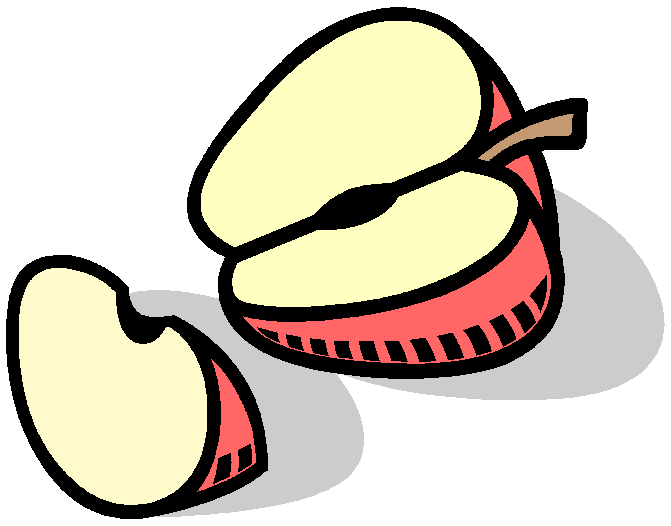

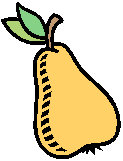
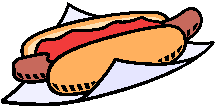

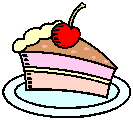

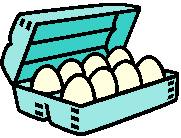
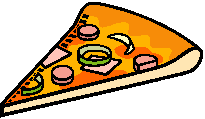

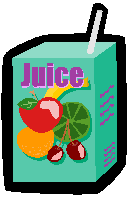
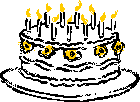
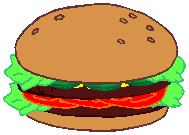

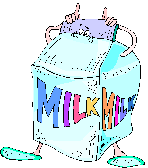
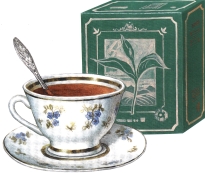
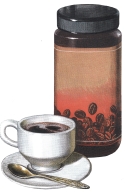
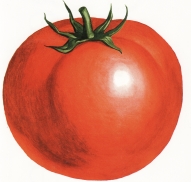
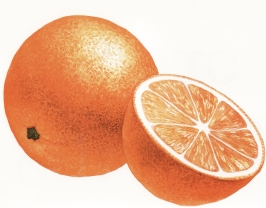


про публікацію авторської розробки
Додати розробку
